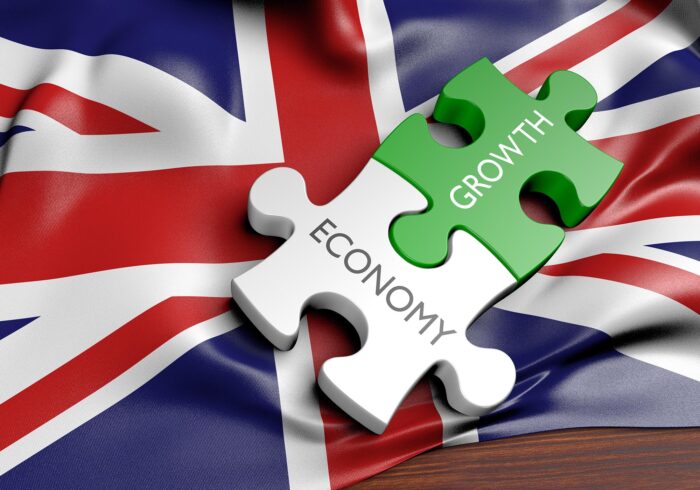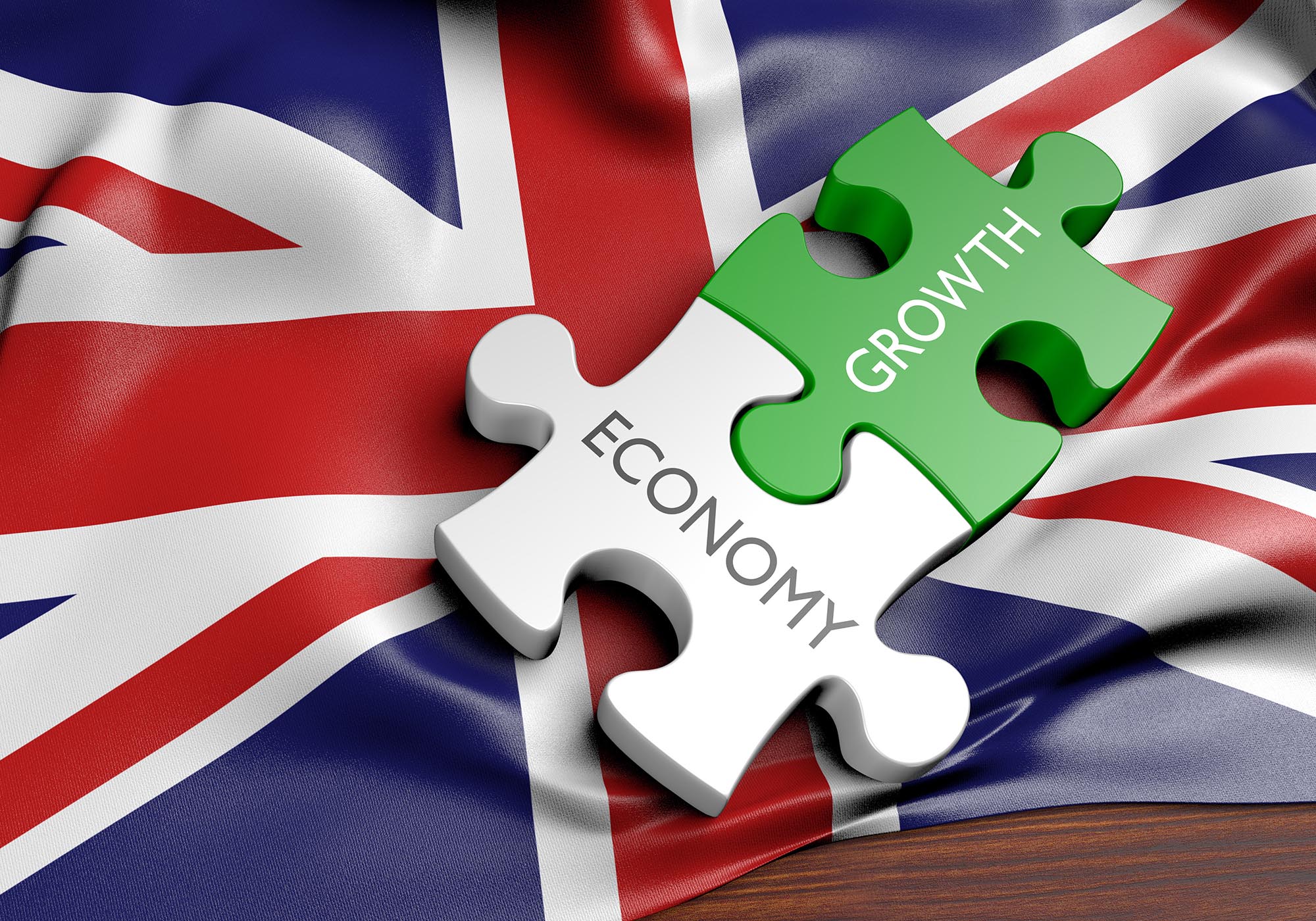The UK economy returned to growth in January and has “probably already exited recession”, but the positive outlook suggests an imminent base rate cut is “unlikely”.
Monthly real gross domestic product (GDP) is estimated to have grown by 0.2% in January, following a fall of 0.1% in December 2023.
GDP measures the value of goods and services produced in the UK. It estimates the size of – and growth in – the economy.
According to the figures from the Office for National Statistics (ONS), services output grew 0.2% in the month, and was the largest contributor to the uptick.
Construction output grew 1.1% in the month, but fell 0.9% when looking at the three months to January.
Meanwhile, production output fell 0.2% in January and the quarter, while services recorded zero growth between November and January.
Overall, real GDP is estimated to have fallen by 0.1% in the three months to January, compared with the three months to October 2023. It is also estimated to have fallen by 0.3% in January 2024 compared with the same month last year.
Out of recession and on the road to recovery?
GDP was estimated to have dropped by 0.3% in Q4 2023, following a fall of 0.1% in the previous quarter, meaning the UK entered recession.
With the latest statistics estimating growth, industry experts suggest the UK economy may have exited recession, but it’s “not out of the woods yet”.
Nicholas Hyett, investment manager at Wealth Club, said: “Overall performance is in line with market expectations, so unlikely to cause a major move in markets. But, if the return to growth can be sustained, the country should be on course to exit recession in pretty short order – a relief for the Government, even if the man or woman on the street is unlikely to notice the difference between anaemic growth and mild recession.”
Alice Haine, personal finance analyst at wealth manager Bestinvest by Evelyn Partners, said: “The hope from here is that January’s slightly more promising GDP figure, largely driven by a strong performance in the services sector with upbeat retail sales volumes helping to offset the steep drop in December, will energise the economy and set it on the road to recovery, pushing any recession talk firmly into the rear-view mirror.”
However, she added: “The economy is not fully out of the woods yet, however. Unemployment edged up slightly in January, vacancies fell for the 20th consecutive period and wage growth, albeit still strong, continued to slow, signalling that the recession seen in the final six months of 2023 had a slightly bigger impact than expected.
“Whether a loosening labour market will be enough to prompt the Bank of England to make a move on interest rates at its next rate-setting meeting later this month is unclear. Many consumers are desperately hoping for some respite from the high borrowing costs that have become the norm of late, particularly those trying to secure a mortgage, whether for a first home or a move up the property ladder.”
Tom Stevenson, investment director at Fidelity International, said: “The UK’s short and shallow recession may already be over. GDP growth in January was, as expected, 0.2%, fuelled by a stronger service sector.
“Despite the return to growth, there was still a modest contraction for the three months from November to January compared to the prior three months. Alongside yesterday’s rise in unemployment and slowing wage growth, this shows that the UK economy is not out of the woods just yet.”
He added that the Bank of England is “likely to sit on its hands during the first half of the year” as it waits for a clearer picture of where growth and inflation are heading.
However, Ruth Gregory, deputy chief UK economist at Capital Economics, thinks a rate cut this summer – perhaps June – “is still the most likely outcome”.





